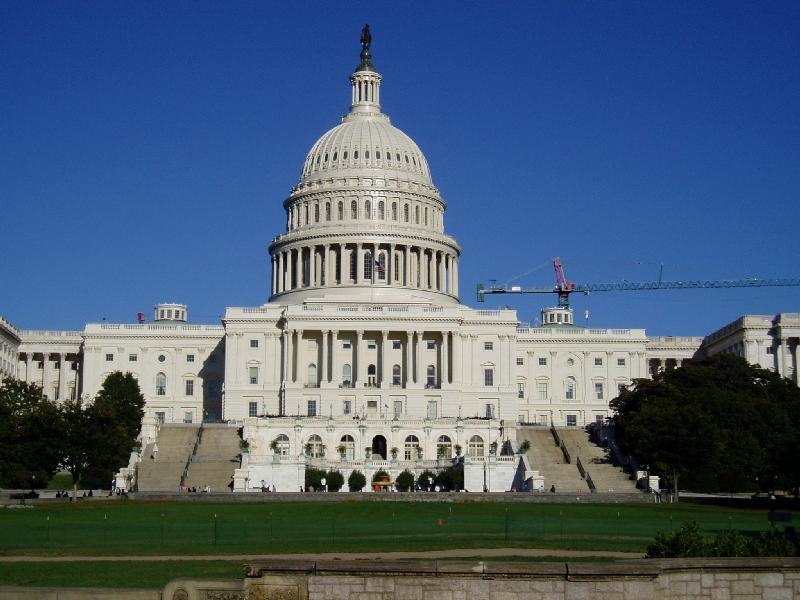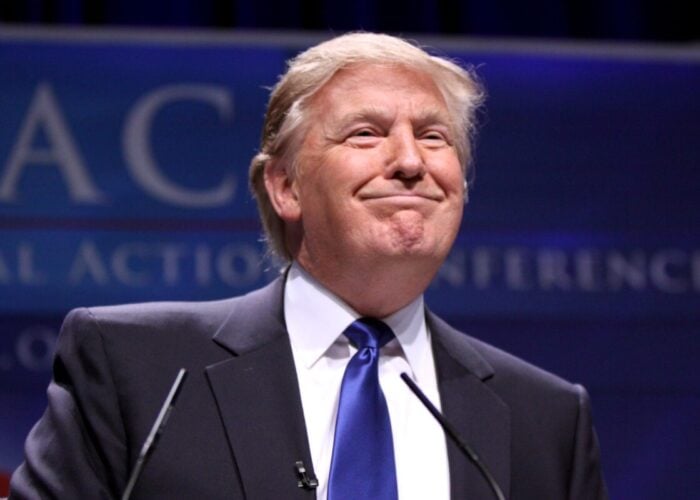
Legislation that would ban the import of all products from China’s Xinjiang region into the US has taken a critical step forward, passing the US Senate.
The Uyghur Forced Labor Prevention Act passed the US Senate unanimously yesterday and must now pass through the House of Representatives – the US’s second legislative chamber – before President Joe Biden can sign the act into law.
Unlock unlimited access for 12 whole months of distinctive global analysis
Photovoltaics International is now included.
- Regular insight and analysis of the industry’s biggest developments
- In-depth interviews with the industry’s leading figures
- Unlimited digital access to the PV Tech Power journal catalogue
- Unlimited digital access to the Photovoltaics International journal catalogue
- Access to more than 1,000 technical papers
- Discounts on Solar Media’s portfolio of events, in-person and virtual
If passed, the act would mean that US customs officials would presume goods manufactured in Xinjiang have connections with alleged forced labour practices in the region. Unless those products are certified by US authorities, they would be banned from entering the US under the 1930 Tariff Act and detained.
The act first came into focus last year when it was tabled by Republican senator Marco Rubio and his Democrat counterpart Jeff Merkley. It has since gained bipartisan support and has been co-sponsored by more than 50 senators from across the aisle, including notable senators such as Mitt Romney, Bernie Sanders and Elizabeth Warren.
In a statement issued after the act’s passage, Merkley said the Senate was “sending a clear message” over the issue of forced labour practices. “No American corporation should profit from these abuses. No American consumers should be inadvertently purchasing products from slave labor,” he added.
Rubio, meanwhile, called for urgency in signing the act into law. “Once this bill passes the House and is signed by the President, the United States will have more tools to prevent products made with forced labor from entering our nation’s supply chains. We cannot afford any further delay, and I call on my colleagues in the House to promptly send this bill to the President,” he said.
The act’s progression is the latest in a series of legislative moves from the US to target entities based in Xinjiang with alleged connections to forced labour practices. Last month the US Department of Commerce and US Customs and Border Protection announced that a withhold and release order (WRO) had been enacted against silicon provider Hoshine Silicon Industry and its subsidiaries, as well as Xinjiang-based subsidiaries of East Hope, GCL New Energy Material and Daqo New Energy.
Editor’s comment
Liam Stoker, editor in chief, PV Tech
While the Uyghur Forced Labor Prevention Act’s continued passage would certainly represent an escalation of the US’s efforts to act on accusations of forced labour in the solar supply chain, in some ways it would not change the status quo for the industry.
Prior to the introduction of the WRO against Hoshine et al, it was widely anticipated that any WRO would be region-wide rather than targeting specific entities, and last month attaching the WRO to such specific companies was considered by many to be a more aggressive move from the US authorities, indicating they were willing to target companies as far up the supply chain as possible. With the situation regarding the WRO fluid and the likelihood being more companies will come under suspicion, that legislation effectively targeting the entire Xinjiang region – while representing a gnashing of teeth from the US authorities – could be more bark than bite.
Manufacturers will be able to have products certified for entry, meaning it will be a case of providing sufficient documentation to prove there is no supply chain connection with Xinjiang. While there may be a slight delay in having this documentation ready, there is confidence that this will only be a minor obstacle.
What is perhaps of more significance is recent policy in China that effectively prohibits Chinese companies from complying with Western sanctions. That law, rushed through last month, has yet to be tested, but could – at least on paper – pose a major stumbling block.
Reaction to follow…







